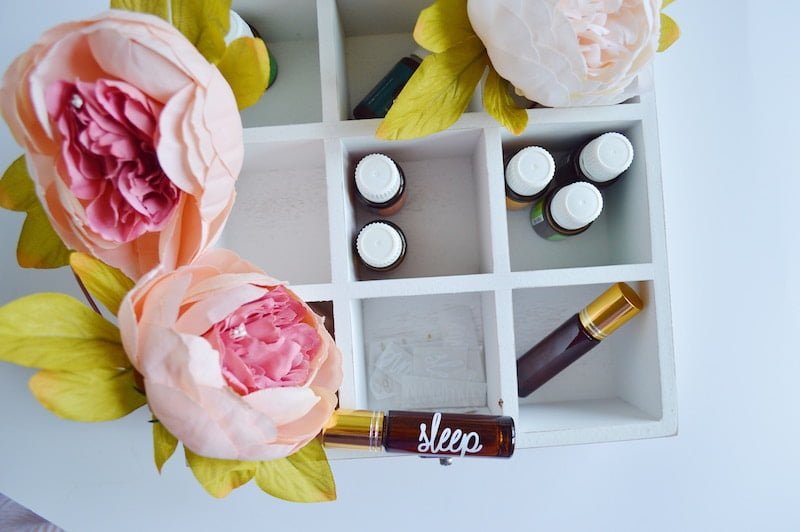Are Essential Oils Safe for Children?
September 17, 2018

More parents than ever are making healthier choices not just in regard to what they put in their children’s body, but also what they put on them. To find safer ways to keep their kids healthy, parents are opting for natural, organic and non-toxic personal care products including essential oils. But, should you use essential oils on babies and children?
What are essential oils?
Essential oils are compounds extracted from plants which capture the plant’s scent and flavor, also referred to as its “essence.” They are obtained through distillation or mechanical methods, such as cold pressing. Its use dates back to the 13th century, but overtime declined due to advances in pharmacotherapy. However, the increase in parents and individuals who seek natural remedies for common ailments have led to a resurgence in essential oil use.
Essential oils are highly concentrated. According to the Young Living website, one of the leaders in the essential oils market, it takes 75 lemons to make one 15 mL bottle of lemon oil, 27 square feet of lavender plants to make one 15 mL bottle of lavender, and an entire pound of raw peppermint to make one 15 mL bottle of peppermint oil.
How are they used?
Essential oils are marketed to treat just about any minor ache and pain from seasonal allergies and bug bites to stomach aches, growing pains and headaches. Some are even recommended to help with conditions like insomnia, anxiety and attention disorders.
They can be applied to the skin topically, diffused for aromatic use, and some may even be ingested as an additive to food or water.
Are they safe?
For children, essential oils can be used topically or aromatically. Because of their high concentration, they should always be diluted with a carrier oil such as coconut oil or almond oil before applying them to kids. Not doing so may lead to sensitivities and rashes.
Essential oils should not be used topically on babies until at least 3 months of age. The same guidelines should be followed as with introducing new foods for the first time–introduce one oil at a time to help rule out sensitivities or adverse reactions.
For aromatic use, essential oils should only be used in a diffuser made specifically for essential oils. Humidifiers and nebulizers are not made of high enough grade plastics.
Keep in mind, essential oils are not regulated by the Federal Food and Drug Administration (FDA). Some oils have properties that are or can be toxic to children so it’s important to use them safely.
Here are some helpful guidelines:
- Essential oils should be treated like any medication. Store them out of reach, locked and out of sight from children. You can find the standard medication safety protocols at safekids.org.
- Accidental ingestion should be immediately reported to the Poison Control Center (1-800-222-1222). Call 911 immediately if your child has collapsed, is not breathing, or has a seizure.
- Essential oils should never be given orally to infants or children. The majority of oil poisoning cases involve children ages 1-3 years old and are the result of accidents or incorrect dosage.
- Pregnant or nursing mothers should not ingest or use essential oils topically. These products can be absorbed through your bloodstream and milk supply and could have adverse effects on the health of both you and your baby.
- When your doctor asks about any current medications you may be taking, be sure you inform him or her of essential oil use just as you would a vitamin or antibiotic. Some oils may have potential interactions with other medications.
Contact Holly Springs Pediatrics
The most important thing to remember when using essential oils, particularly on babies and children, is to use them safely. Do research about each oil before use so that you are knowledgeable about its effects and potential adverse reactions. Always pay close attention to the usage, dosage, and storage of essential oils.
If you have questions about essential oils or other types of alternative health remedies for children, consult your child’s pediatrician. Contact our office to schedule an appointment or request an appointment online.
